Environment
-
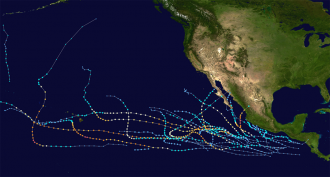 Climate
ClimateEastern Pacific records its most energetic hurricane season
The eastern Pacific Ocean has been cranking out storms. Now it’s reached its most active season on record.
-
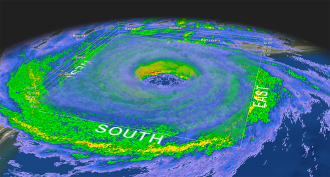 Climate
ClimateExplainer: The furious eye(wall) of a hurricane or typhoon
The eyewall is the most intense part of a hurricane. Here’s what drives its fury.
-
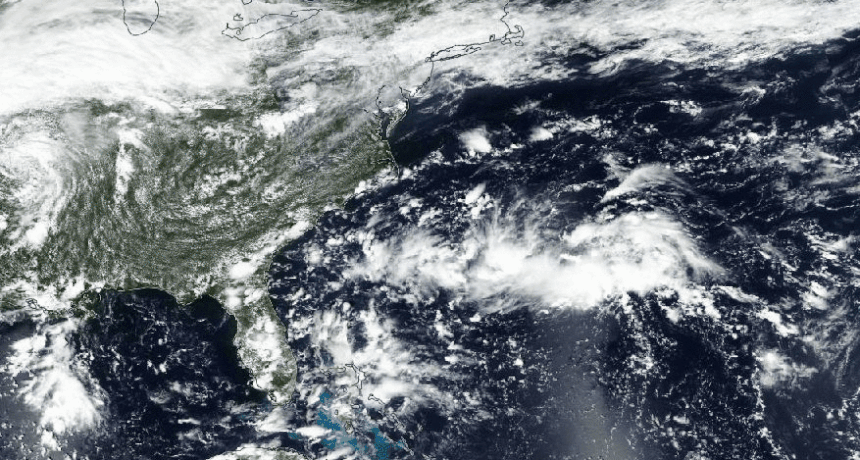 Climate
ClimateIs Hurricane Florence one sign of new climate trend?
Despite making landfall as a mere Category 1 tempest, Hurricane Florence proved a beast. And there were warnings it would be as it rapidly strengthened at sea.
-
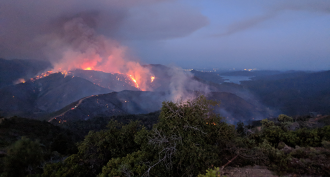 Environment
EnvironmentWildfires worsen extreme air pollution in U.S. northwest
America’s air is getting cleaner — except in places prone to frequent wildfires.
-
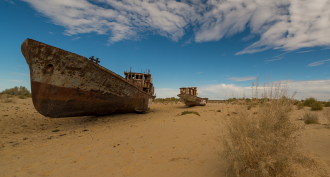 Environment
EnvironmentPeople are changing which parts of Earth get more (or less) water
Human activities have been reshaping the planet’s water map. Some changes created new lakes. Others caused lakes to disappear.
By Sid Perkins -
 Chemistry
Chemistry‘Thirdhand’ smoke can hitchhike to non-smoking sites
Harmful “thirdhand” smoke — the type that attaches to surfaces — can hitch a ride on airborne particles or clothes and travel into non-smoking buildings.
-
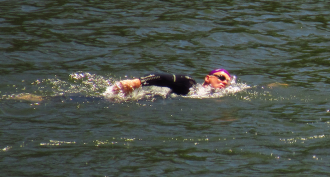 Environment
EnvironmentScientist tackles water pollution with epic swims
German chemist Andreas Fath swam the entire Tennessee River — in record time. The reason was not to win a place in the Guinness Book of Records. He wanted to raise awareness about water pollution.
-
 Genetics
GeneticsExplainer: DNA hunters
Snippets of DNA can be left behind by a passing organism. Some researchers now act as wildlife detectives to identify the sources of such cast-off DNA.
-
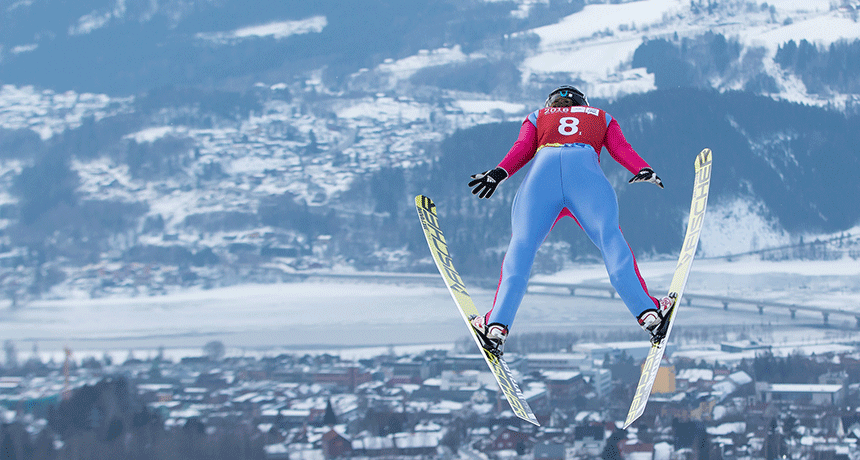 Climate
ClimateClimate change threatens future Winter Olympics
Higher temperatures, less snow mean many former Winter Olympics sites soon will no longer qualify to host future games, concludes a new analysis.
-
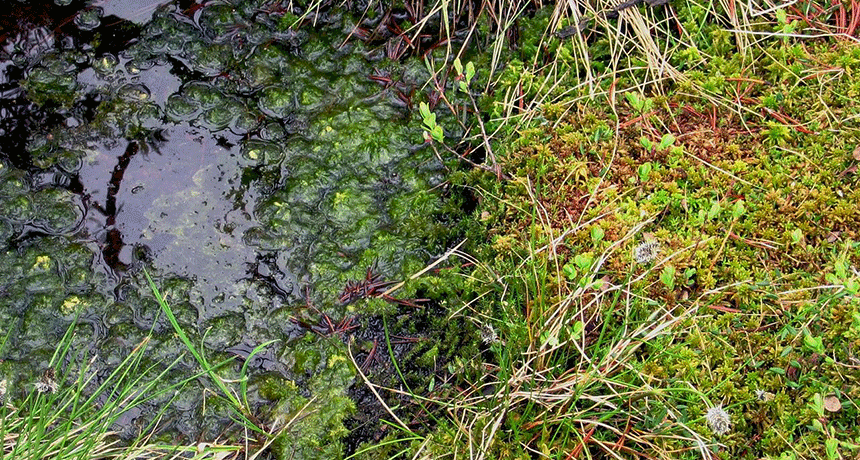 Ecosystems
EcosystemsScientists Say: Bog
Bogs are a type of wetland in which partially decayed plants sink down and form peat.
-
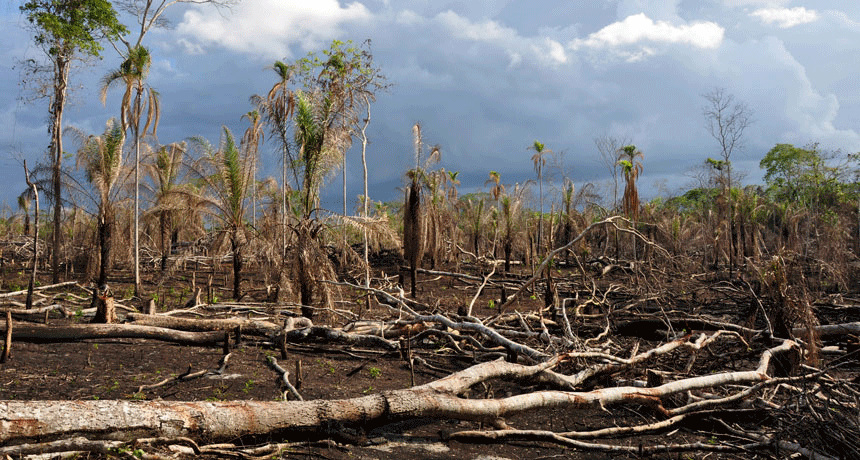 Environment
EnvironmentTropics may now emit more carbon dioxide than they absorb
Analyses of satellite images suggest that degraded forests now release more carbon than they store.
-
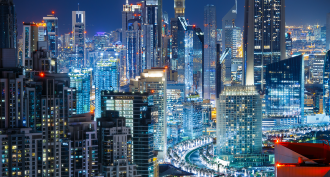 Environment
EnvironmentNight lights have a dark side
Artificial light at night not only affects our view of the night sky, but also has the ability to impair animal behaviors — and probably our health.